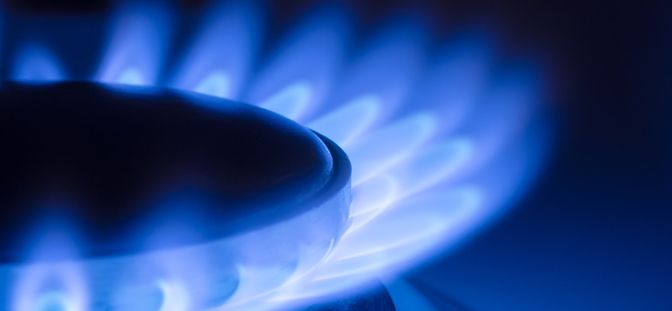Energy bills may eat up over half of poor households’ income, charity says
“Rising energy prices will affect us all but our analysis shows they have the potential to devastate the budgets of families on the lowest incomes," said Katie Schmuecker of the Joseph Rowntree Foundation

Poor households in Britain may have to spend over half of their income to pay their energy bills unless the government introduces measures to help the most vulnerable.
The poverty charity Joseph Rowntree Foundation (JRF) warned that some low-income households would face a “heat or eat” decision or even risk death from the cold.
According to the charity, energy bills could amount to 25% of income for lone parents and couples without children, while single-adult households on low incomes could be forced to spend 54% of their income on gas and electricity when the new energy price cap comes into effect on 1 April.
The current price cap on energy bills of £1,277 per year is predicted to rise to over £1,900 from April as a result of soaring wholesale gas prices.
“Rising energy prices will affect us all but our analysis shows they have the potential to devastate the budgets of families on the lowest incomes. The government cannot stand by and allow the rising cost of living to knock people off their feet,” said Katie Schmuecker, the deputy director of policy and partnerships at the JRF.
JRF said the impact of energy costs would be especially harsh on families that have been trapped in “deep poverty” in recent years. About one in five children were in families classed as being on low incomes for three of the four years between 2016 and 2019, meaning for many, poverty was “all they have ever known”, the charity said.
Martin Lewis, the founder of the consumer advice website MoneySavingExpert, called on the government to support poorer households.
“We absolutely know we need a substantial increase in the billions of pounds funding to vulnerable people, and people on low incomes, or it is not an exaggeration to say some will have to choose between heating or eating, and that is not appropriate in one of the world’s richest economies and a civilised nation,” Lewis told BBC Radio 4’s Today programme.
A government spokesperson said: “We recognise the pressures people are facing on their household bills, which is why we have taken decisive steps to support them. The energy price cap has been protecting around 15 million households from high global gas prices. We are also supporting vulnerable and low-income households with the cost of fuel bills through schemes such as the warm home discount and our £500mln household support fund.”
Meanwhile, energy companies are promoting a proposal whereby the government make payments to energy suppliers when wholesale gas prices reach an agreed threshold to shield consumers from high bills, the Financial Times reported.
Government insiders described the initiative as “plausible” and “logical”, the paper said, although it could be costly for taxpayers.
Emma Pinchbeck, chief executive of the trade body Energy UK, confirmed that suppliers were discussing with the Treasury a mechanism to smooth out spikes in wholesale prices for consumers.
“The Treasury has asked industry to look at options for spreading the cost of the gas itself over a longer period of time,” she told BBC Breakfast.
She added that under such a mechanism, in “a year where the [wholesale gas] price is lower, the industry pays back government and in a year where it’s higher, the government helps the industry to spread the costs”.
No comments:
Post a Comment